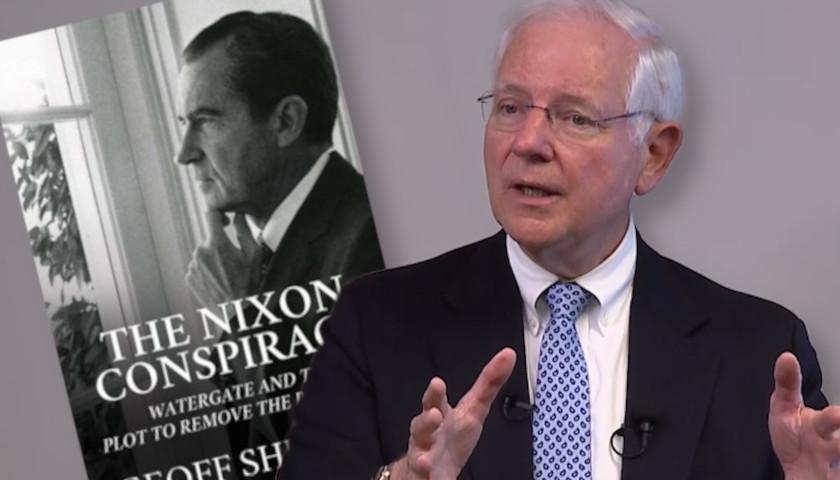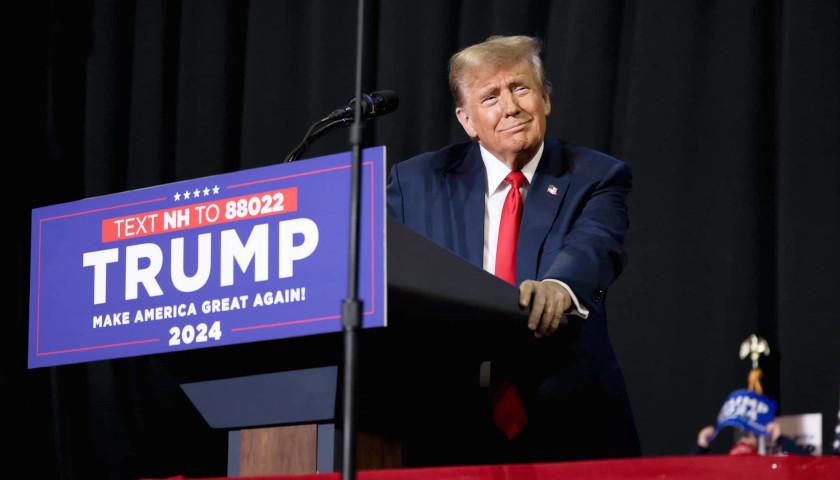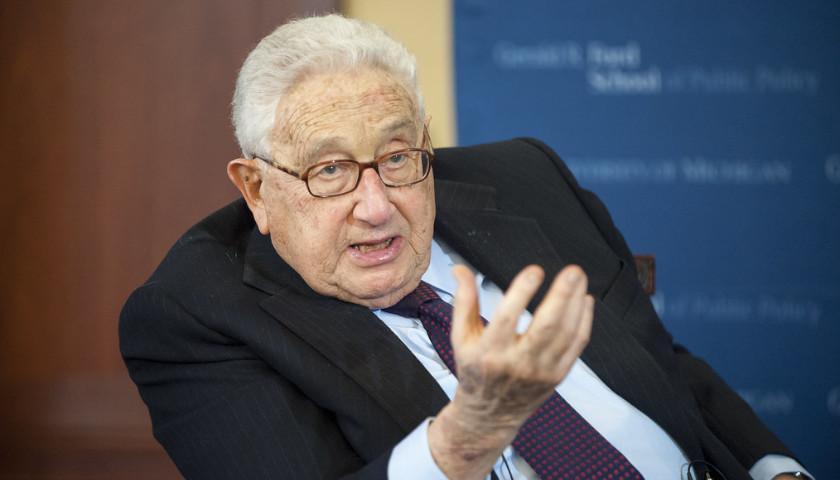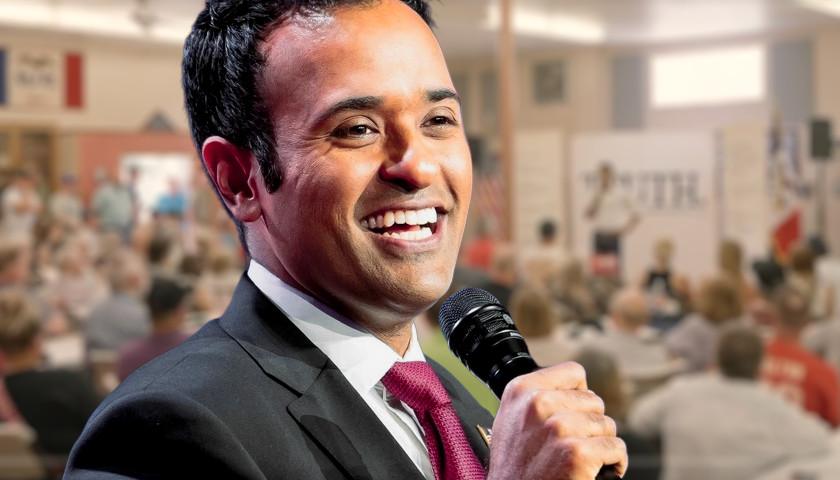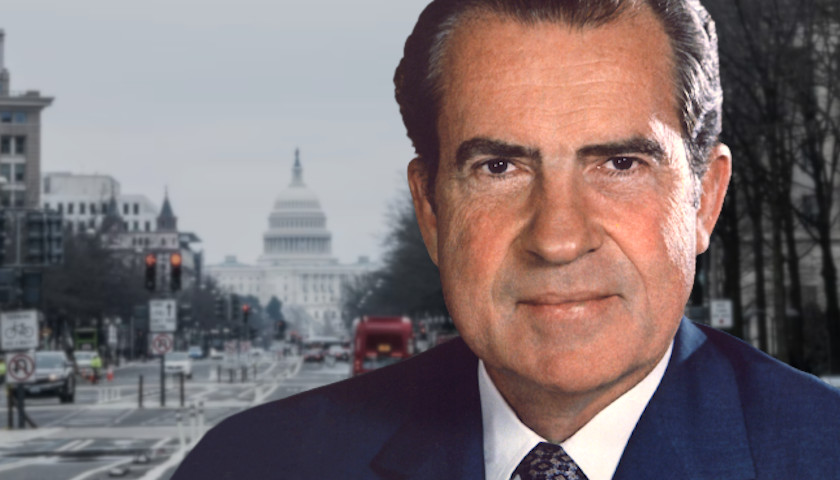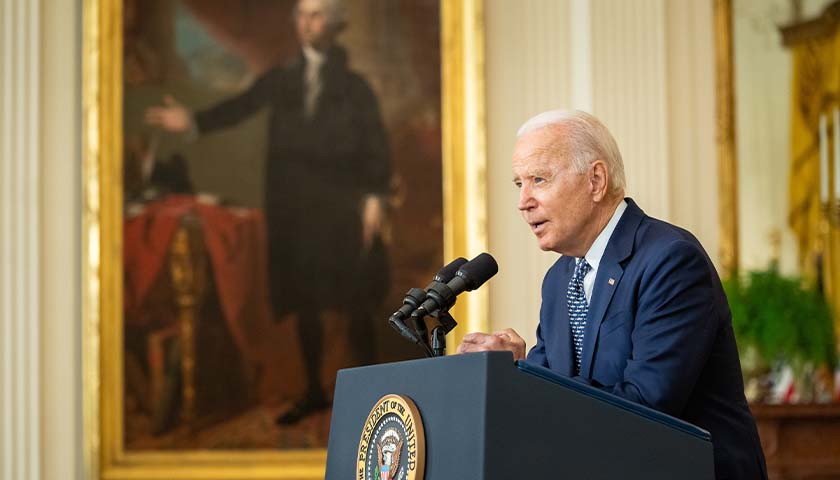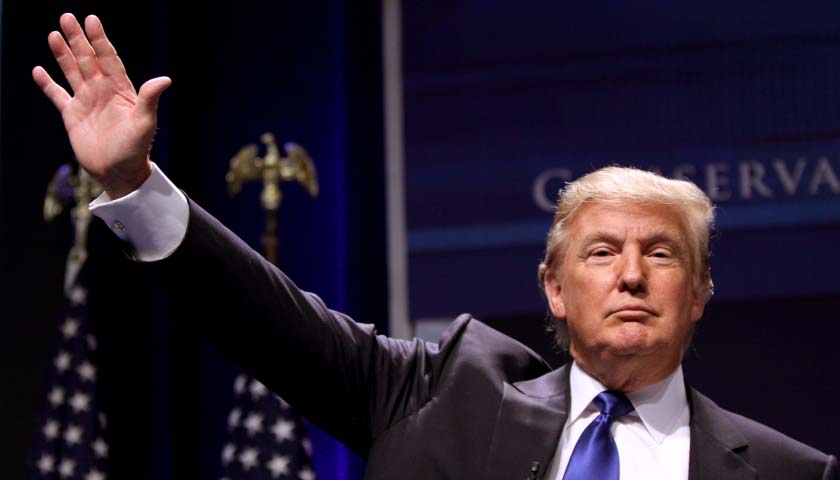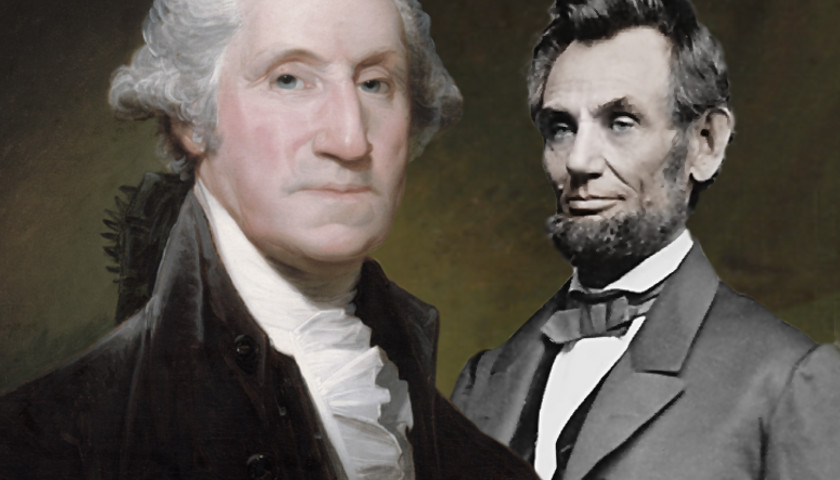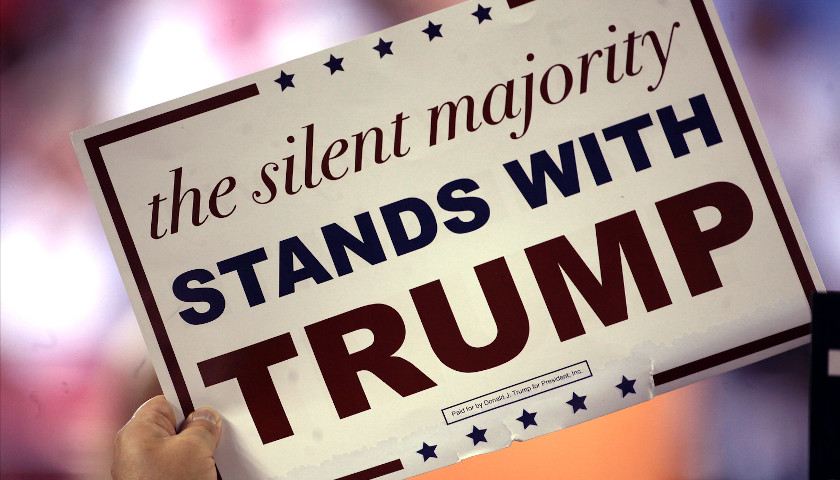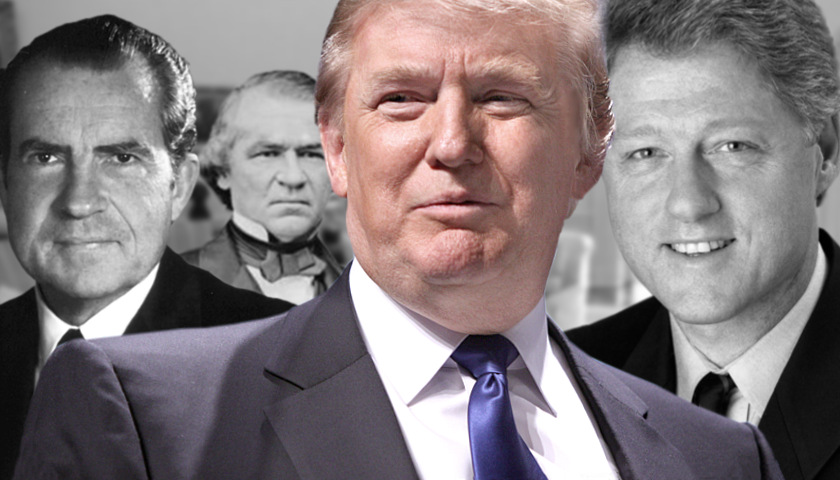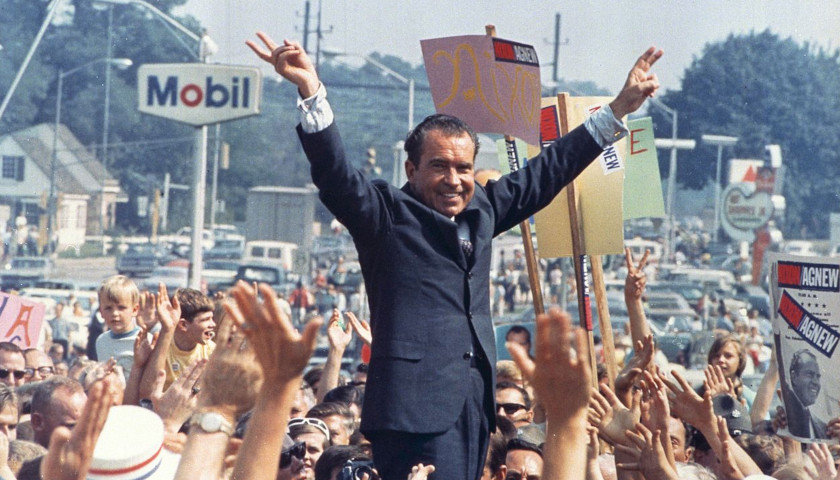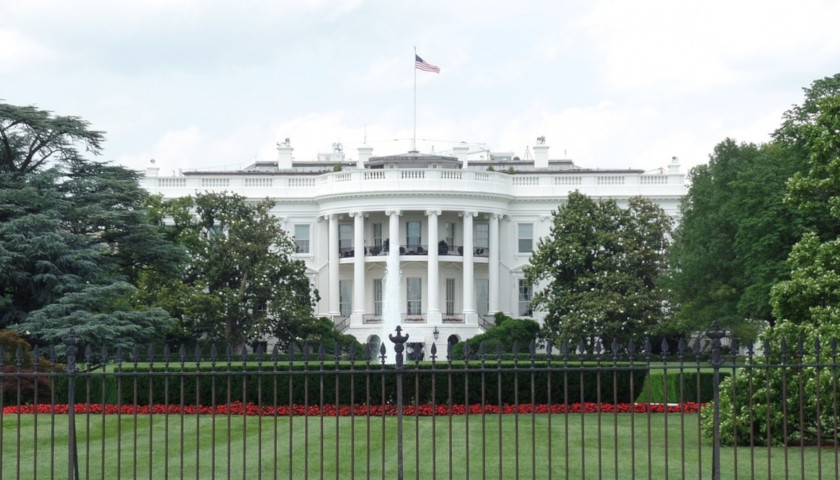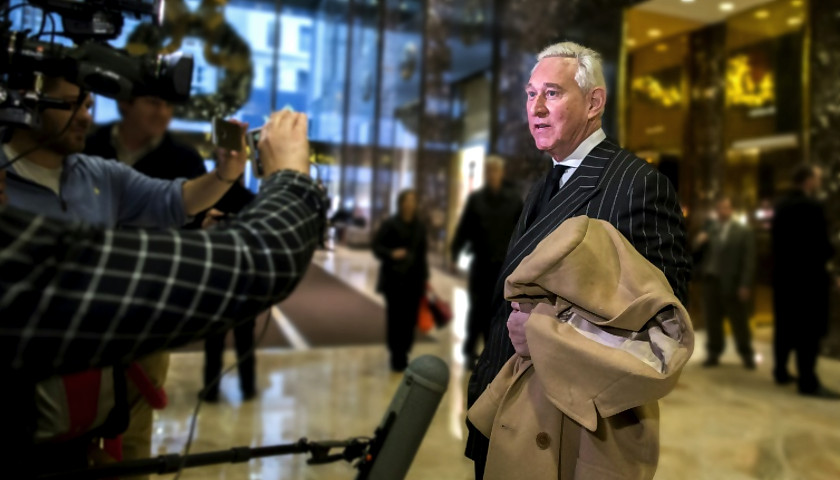The newest buzzword in politics is “Lawfare,” the effort to cripple political opponents through legal initiatives, preferably by bringing criminal cases. Today’s favorite target is former President Trump, who has been indicted in various state and federal jurisdictions for some ninety-one felonies.
Amazingly, Wikipedia’s current “Lawfare” entry goes into great detail concerning the term’s origins and current application – defining Lawfare as “the use of legal systems and institutions to damage or delegitimize an opponent, or to deter an individual’s usage of their legal rights” without any mention whatsoever of its current use against Trump.
Read the full story

